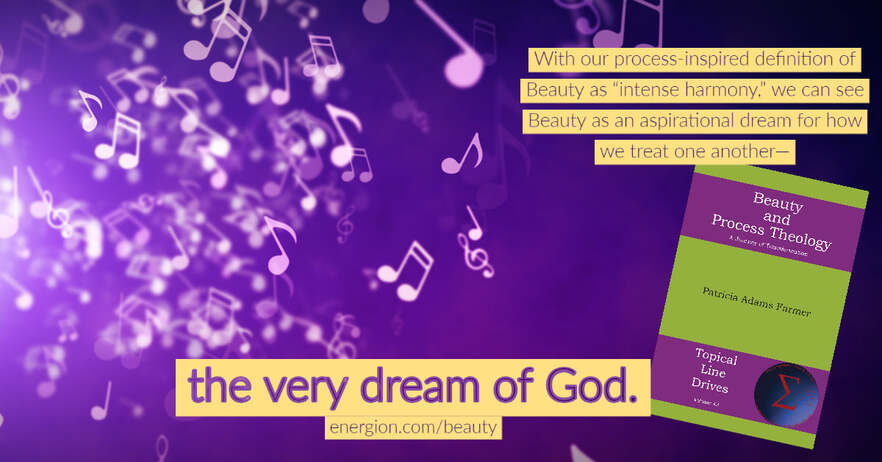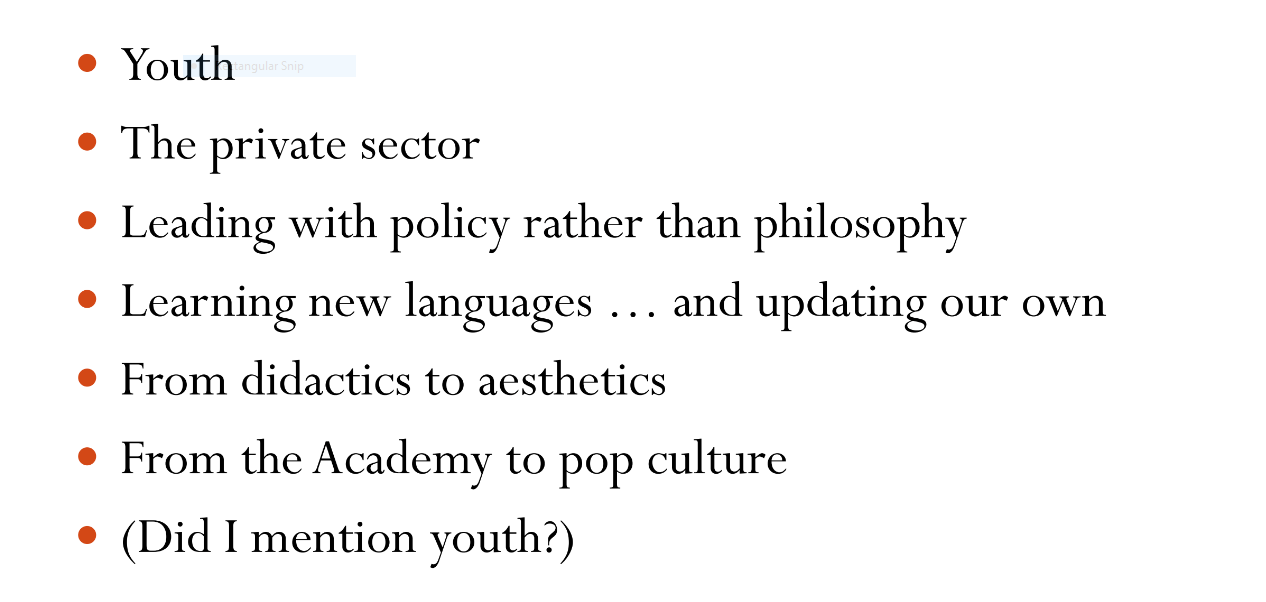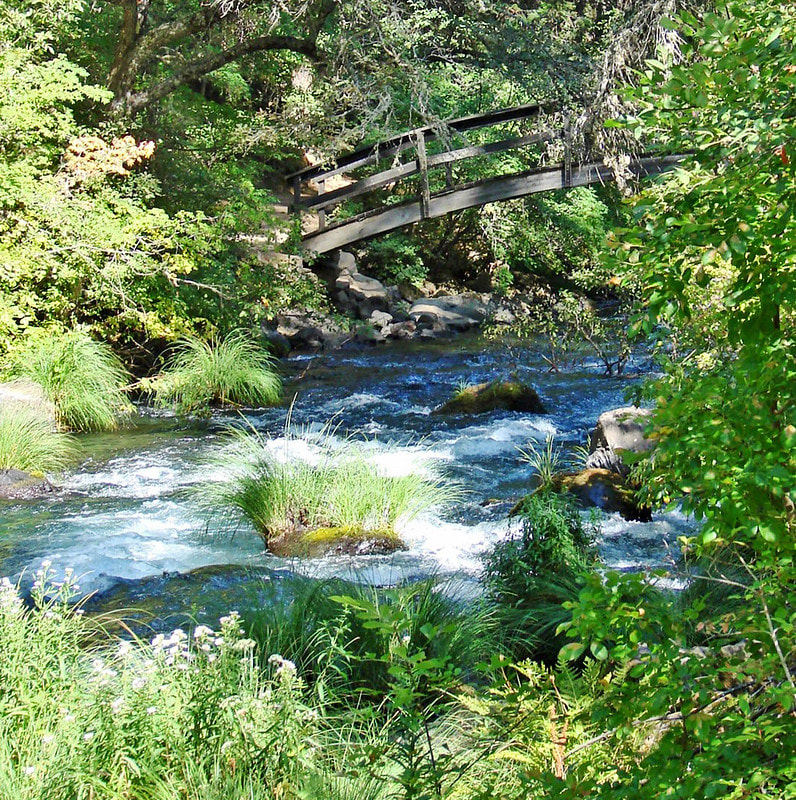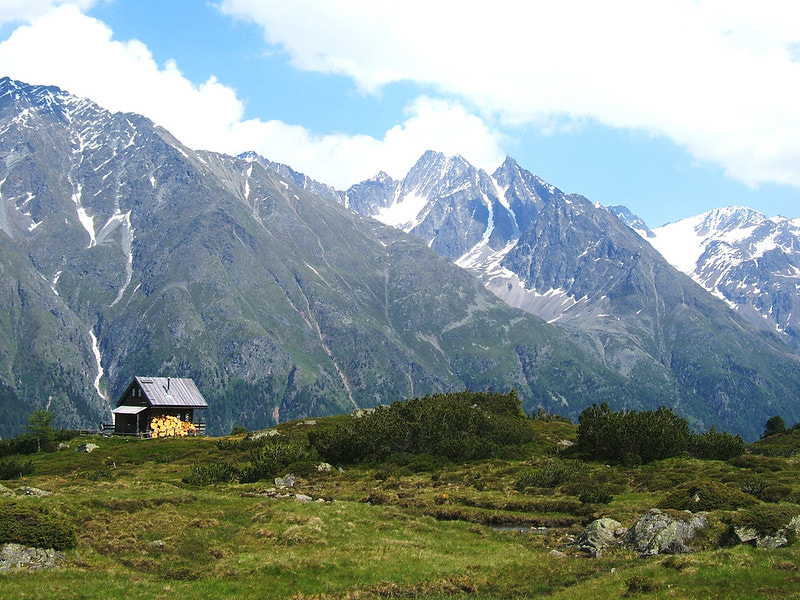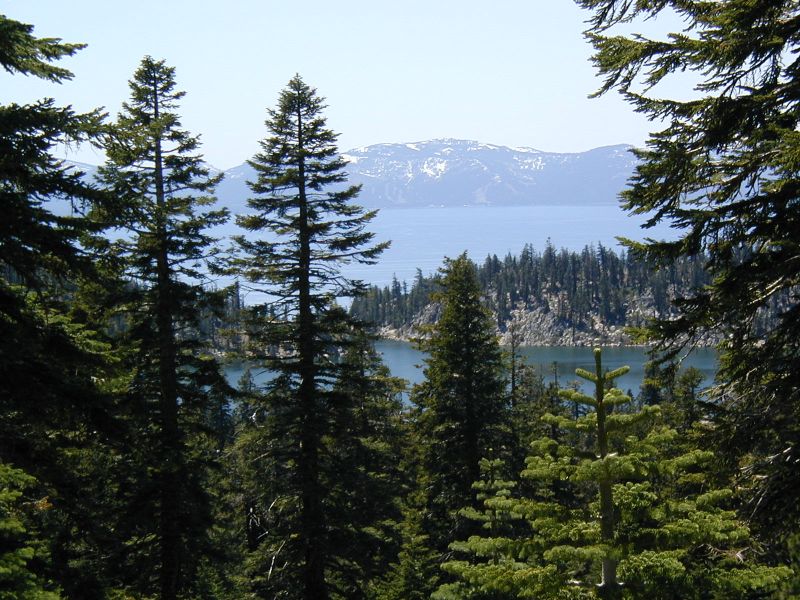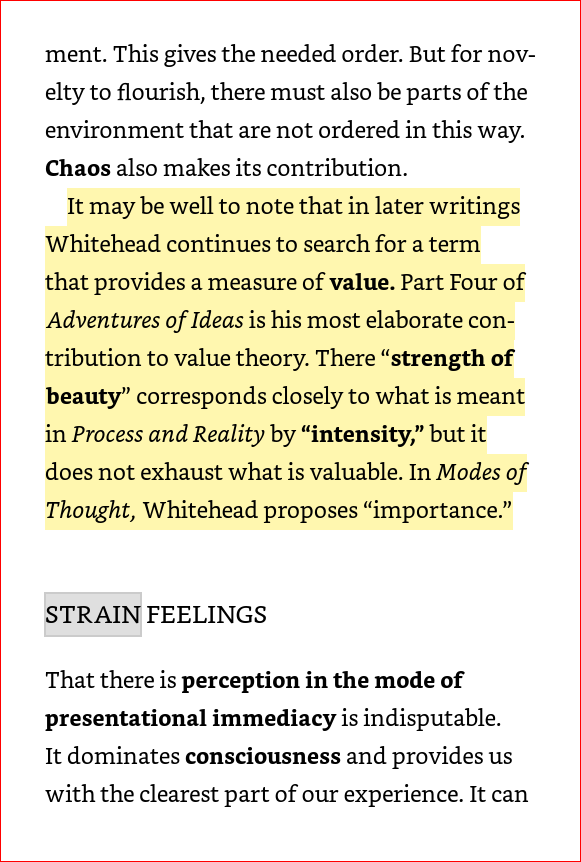- Home
- Process Worldview
- Community
- Art and Music
- Whitehead and Process Thinking
- Podcasts
- Spirituality
- Ecological Civilization
- Education
- Contact
- Social Justice
- Science
- Animals
- Sacred Poems
- Whitehead Videos
- Index of All Titles
- Practicing Process Thought
- Process Spirituality: A Spiritual Alphabet
- Recent Posts
Why Beauty?
Needing a plank amid the waves of the raging seas? The waves of political dysfunction, global climate change, hatred in high places, white arrogance, corporate greed, evangelical hypocrisy, liberal smugness, cruelty to animals, blind ego, and ethnic nationalism.
I need a plank to weather these storms every morning before I start the day and every evening, too, so that I might add some sort of beauty to the world, some sort of love and justice and joy, as best I can. I learn from Martin Luther King, Jr. and others to think of this world as consisting of compassionate communities. Patricia Adams Farmer speaks of them as the "very dream of God."
Where to find the plank? I turn to trees, landscapes, harmonies, laughter, friendships, poetry, dogs, oatmeal, memories, scripture, prayer, singalong music at assisted living centers, walking every day, my wife, and breathing – all forms of what Patricia Adams Farmer calls Beauty. In “Beauty and Process Theology” she shows how Beauty, understood not as ‘prettiness’ but as intense harmony in the objects of lived experience and in experience itself, is the very place where hope emerges. A novelist and musician in her own right, Patricia is a leader among the process theologians who take “beauty” as a defining ideal in process theology. You can purchase her book in kindle form for less than three dollars. It’s a plank, too.
- Jay McDaniel, September 2020
I need a plank to weather these storms every morning before I start the day and every evening, too, so that I might add some sort of beauty to the world, some sort of love and justice and joy, as best I can. I learn from Martin Luther King, Jr. and others to think of this world as consisting of compassionate communities. Patricia Adams Farmer speaks of them as the "very dream of God."
Where to find the plank? I turn to trees, landscapes, harmonies, laughter, friendships, poetry, dogs, oatmeal, memories, scripture, prayer, singalong music at assisted living centers, walking every day, my wife, and breathing – all forms of what Patricia Adams Farmer calls Beauty. In “Beauty and Process Theology” she shows how Beauty, understood not as ‘prettiness’ but as intense harmony in the objects of lived experience and in experience itself, is the very place where hope emerges. A novelist and musician in her own right, Patricia is a leader among the process theologians who take “beauty” as a defining ideal in process theology. You can purchase her book in kindle form for less than three dollars. It’s a plank, too.
- Jay McDaniel, September 2020
Excerpts
|
In De Musica, Augustine described beauty as “a plank amid the waves of the sea.”1 From the perspective of process theology, the experience of beauty not only offers life-saving rescue from the storms of life, but also serves as a glimpse into the very nature of God and the world.
* How can beauty be a plank against such waves? How is beauty relevant in such times as these? What part does beauty play in the transformation of our exhausted and beleaguered world? And how can beauty tend to our aching souls in these times of crises on every front? These are some of the questions I address in this short theology of beauty, inspired by process theology, scripture, experience—and in loving companionship with poets, philosophers, artists, mystics, musicians, and the mother of all teachers: nature herself. * Beauty is not just harmony, which can sometimes be shallow and exclusive; Beauty is not just intensity, which can be stormy and dissonant and chaotic. Beauty, at its most divine, integrates both elements into a larger frame: that is, Beauty as intense harmony is a celebration of contrasts within a larger, harmonious whole. Beauty, then, is the very yearning of God for our evolving world–a world of creative movement, where the diverse elements strive not toward bland sameness, but rather toward rich and complex forms of well-being. Beauty’s beckoning toward intense harmonies applies to all aspects of life, from nature’s richly evolving diversity to whole civilizations.” Farmer, Patricia Adams. Beauty and Process Theology (Topical Line Drives) (p. 5). Energion Publications. Kindle Edition. |
